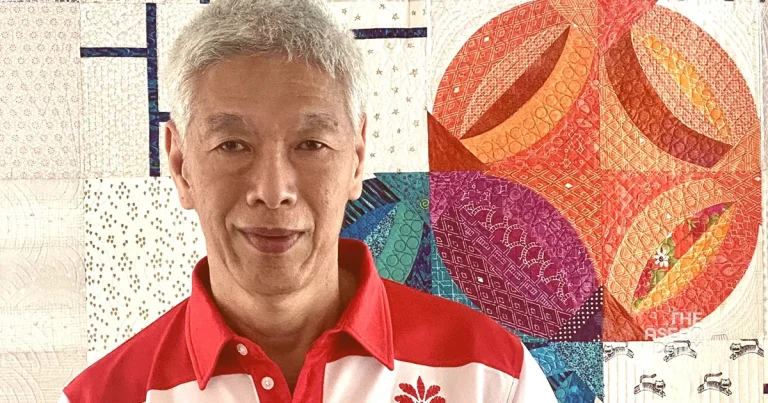1-11-2024 (LONDON) The youngest son of Singapore’s founding father Lee Kuan Yew has launched a scathing critique of the city-state’s governance, claiming deteriorating democratic freedoms and rising corruption have marred the nation’s reputation as Asia’s premier financial hub.
Speaking from London, where he has been granted political asylum, Lee Hsien Yang detailed what he describes as a systematic campaign of persecution that forced him to flee his homeland. His exile marks a dramatic chapter in an ongoing family dispute that has evolved into a broader indictment of Singapore’s political system.
“The veneer of affluence and democracy in Singapore is remarkably thin,” Lee stated in a wide-ranging interview, describing an increasingly authoritarian approach to governance under his brother Lee Hsien Loong’s premiership, which concluded earlier this year.
The former business executive highlighted several high-profile financial scandals, including a recent £1.75 billion money laundering case and connections to Malaysia’s 1MDB controversy, as evidence of declining standards. He argued these incidents reflect a broader erosion of the strict anti-corruption principles that defined his father’s era.
Singapore’s government has responded forcefully to these allegations, characterising them as part of a “personal vendetta” against both family and country. Officials emphasised the nation’s continued high ranking in international anti-corruption indices and pointed to recent prosecution of a former Cabinet minister as evidence of ongoing vigilance.
The dispute stems from disagreements over Lee Kuan Yew’s will but has expanded to encompass broader criticisms of Singapore’s political direction. Lee Hsien Yang faces multiple legal challenges at home, including allegations of perjury and defamation, which he dismisses as politically motivated. Rights Watch has expressed concern over Singapore’s tightening control of public discourse, particularly through its controversial online falsehoods law and increased execution rates for drug offences.
Despite his exile, Lee maintains hope for democratic reform: “Change will come to Singapore. I hope to see it in my lifetime and return home one day.”
The Singapore government maintains that Lee and his wife remain citizens free to return, emphasising that he had previously participated freely in opposition politics during the 2020 elections.




